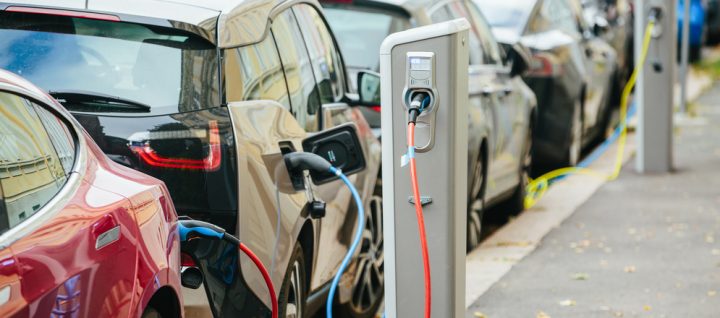Action is needed to improve electric vehicle residual values, as the financial exposure of fleets continues to grow, FleetCheck is warning.
Peter Golding, CEO at the fleet software specialist, said that while there was strong evidence that used EVs were now selling faster, prices remained stubbornly low.
“The used market has reached a position where EV sales are actually quite healthy providing their prices are around the same as hybrid and petrol equivalents. At that level, customers don’t seem to be in short supply.
“While that is a better situation than having a shortage of buyers, it does mean that considering the higher purchase price of EVs, RVs remain far from healthy. With fleets operating more and more electric cars and vans, the potential losses are mounting.”
Peter said positive action was needed to increase demand and boost RVs, with the most important probably being the provision of charge points to more potential used car buyers.
“If you can’t easily and cheaply charge an EV, you can’t become part of the market. Arguably half of motorists are currently shut out of buying an electric car because they live in an apartment or terraced house.
“The government is putting more money into subsidising the installation of pavement charging gullies, which should make a difference, but more action is needed. Improving the infrastructure to widen charger accessibility is central to better RVs.”
While this was a medium-term objective, direct support for the used EV sector was an area where the government could take more immediate action, he said.
“The electric new car scheme has been quite successful in boosting sales of new EVs and something similar would be welcome in the used sector. It doesn’t have to be a direct subsidy either – very low or zero cost finance could prove even more effective.”
However, Peter added, there was also more that the fleet sector could be doing itself to promote the advantages of used EVs, educating both potential buyers and dealers.
“There are already some leasing companies doing good work in this area. There remains a large proportion of potential buyers – and even potential dealers – who are resistant to EVs, sometimes because of widespread disinformation.
“Education campaigns designed to promote the benefits of EVs and dispel persistent myths have a role to play here. Buying your first EV is a big step for most people and providing a high level of reassurance is important.”
Fleets selling EVs into the used sector should also be exploring standard battery health checks with ex-company cars and vans, and even considering warranties that cover the battery and drivetrain items.
“While it is becoming clear that battery failure or even rapid degradation is extremely rare, it remains a barrier to purchase for many. Battery health checks help remove that fear and could prove a crucial step in improving RVs. They should be standard industry practice.”
